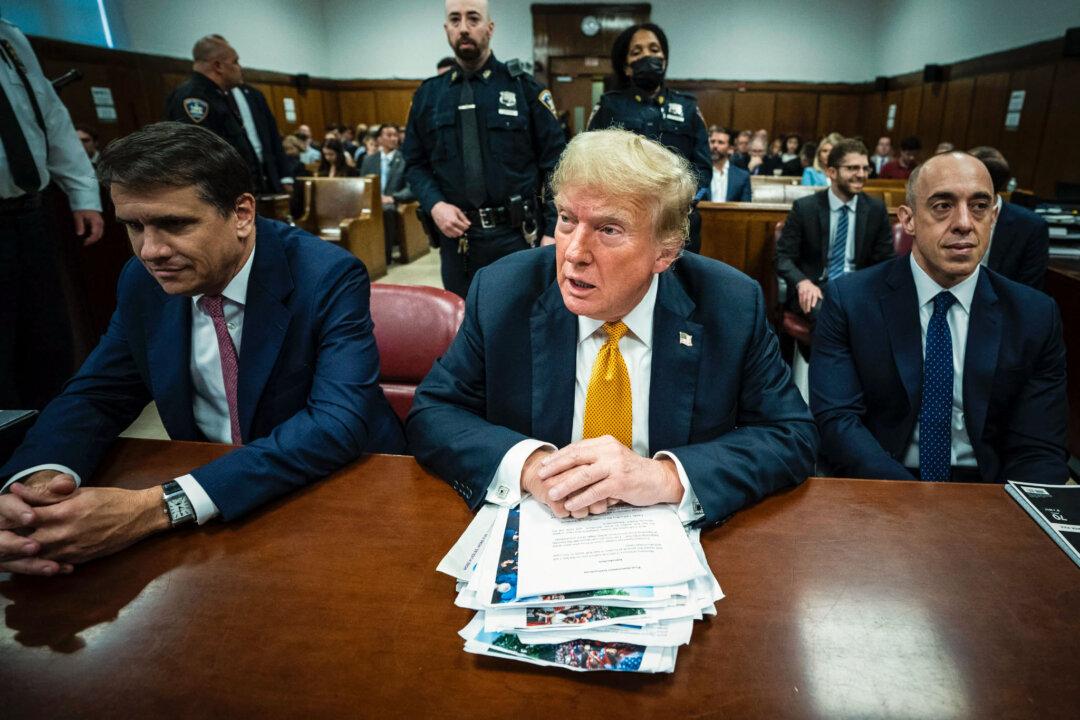President-elect Donald Trump’s attorneys argued on Nov. 19 that New York Justice Juan Merchan should dismiss the ongoing case against their client, arguing that doing so is required by federal law and the U.S. Constitution.
“Immediate dismissal of this case is mandated by the federal Constitution, the Presidential Transition Act of 1963, and the interests of justice, in order to facilitate the orderly transition of Executive power following President Trump’s overwhelming victory in the 2024 Presidential election,” Trump’s attorneys said in a letter that was published on the court’s website on Nov. 20.





